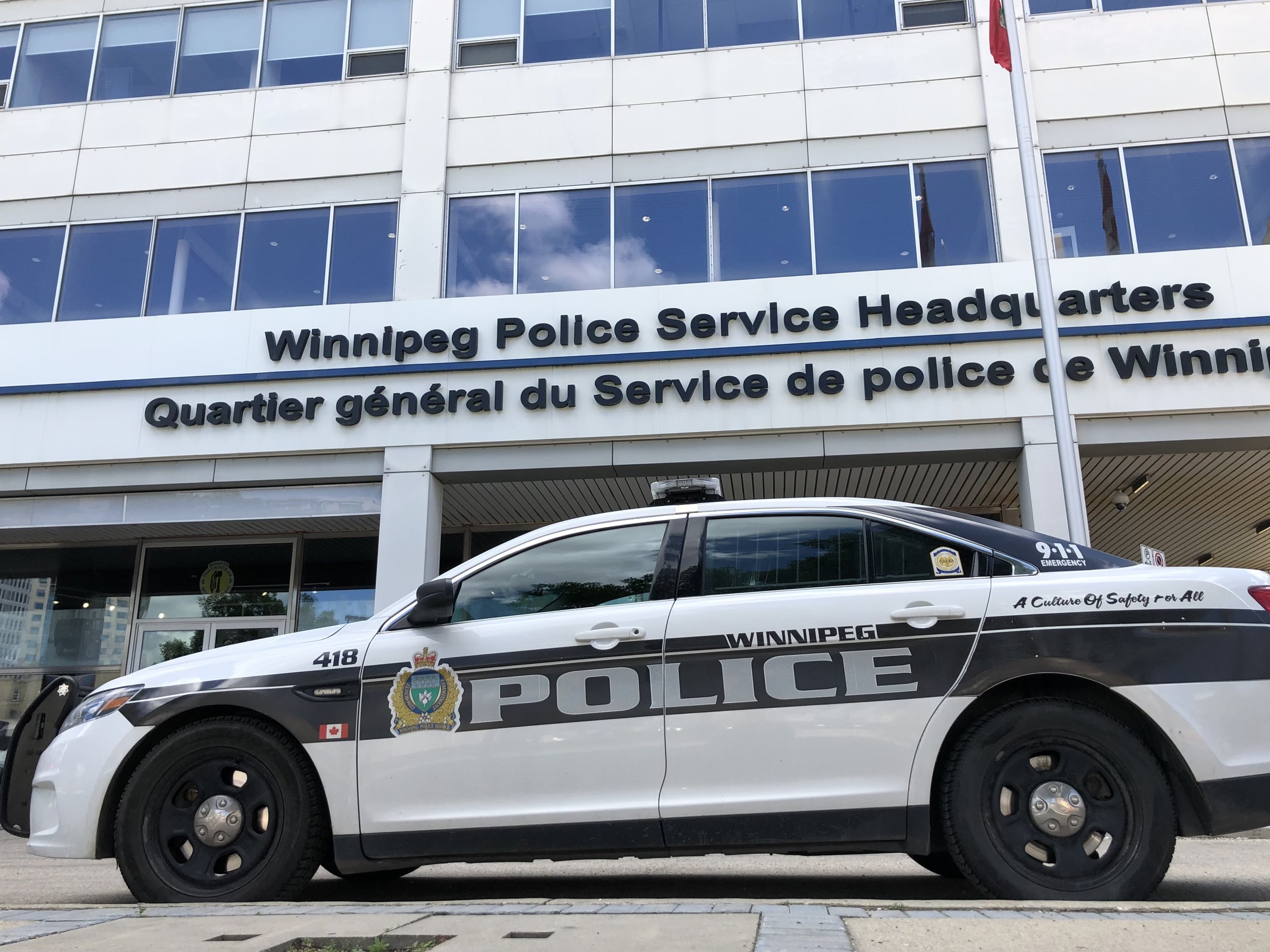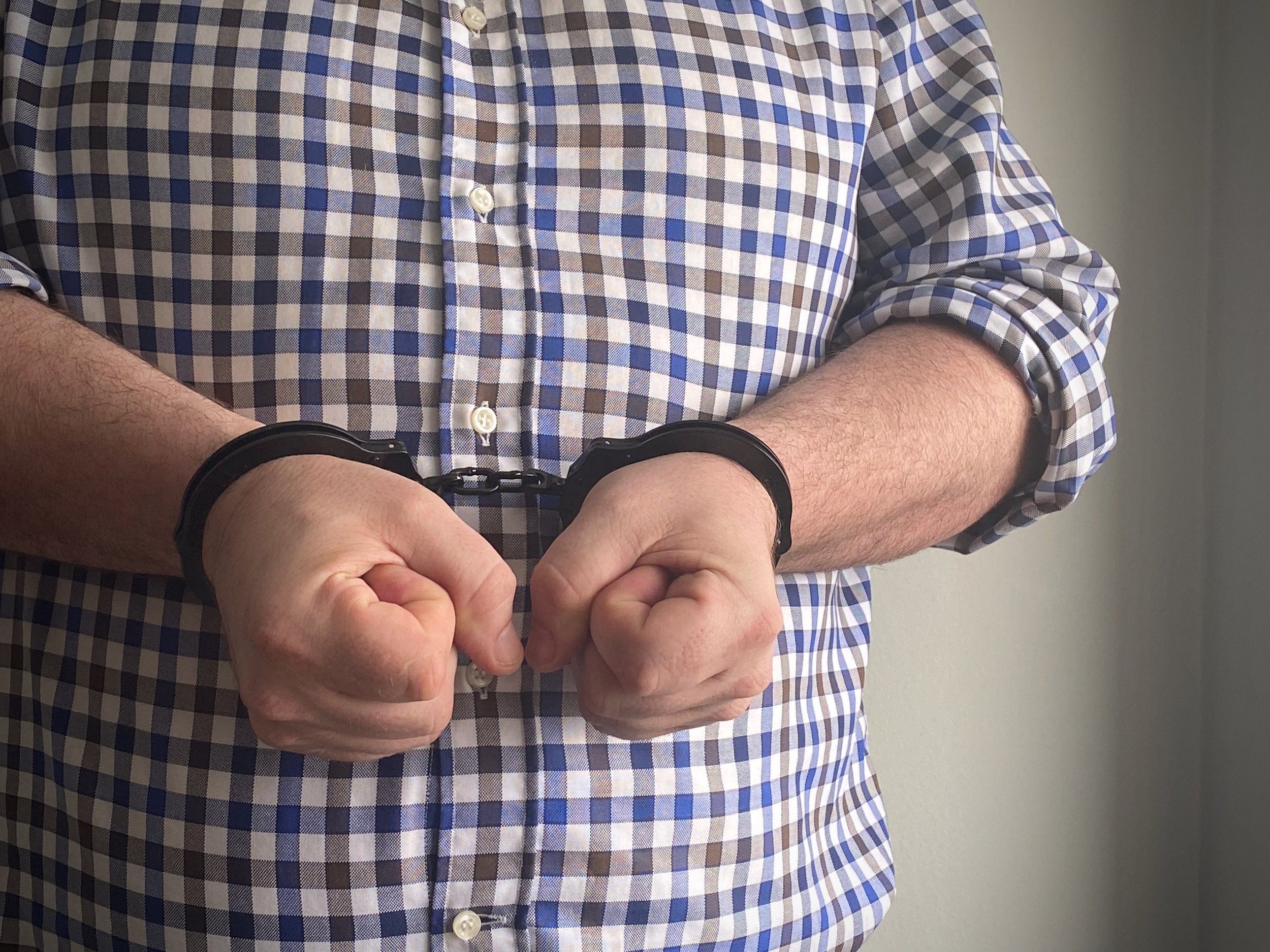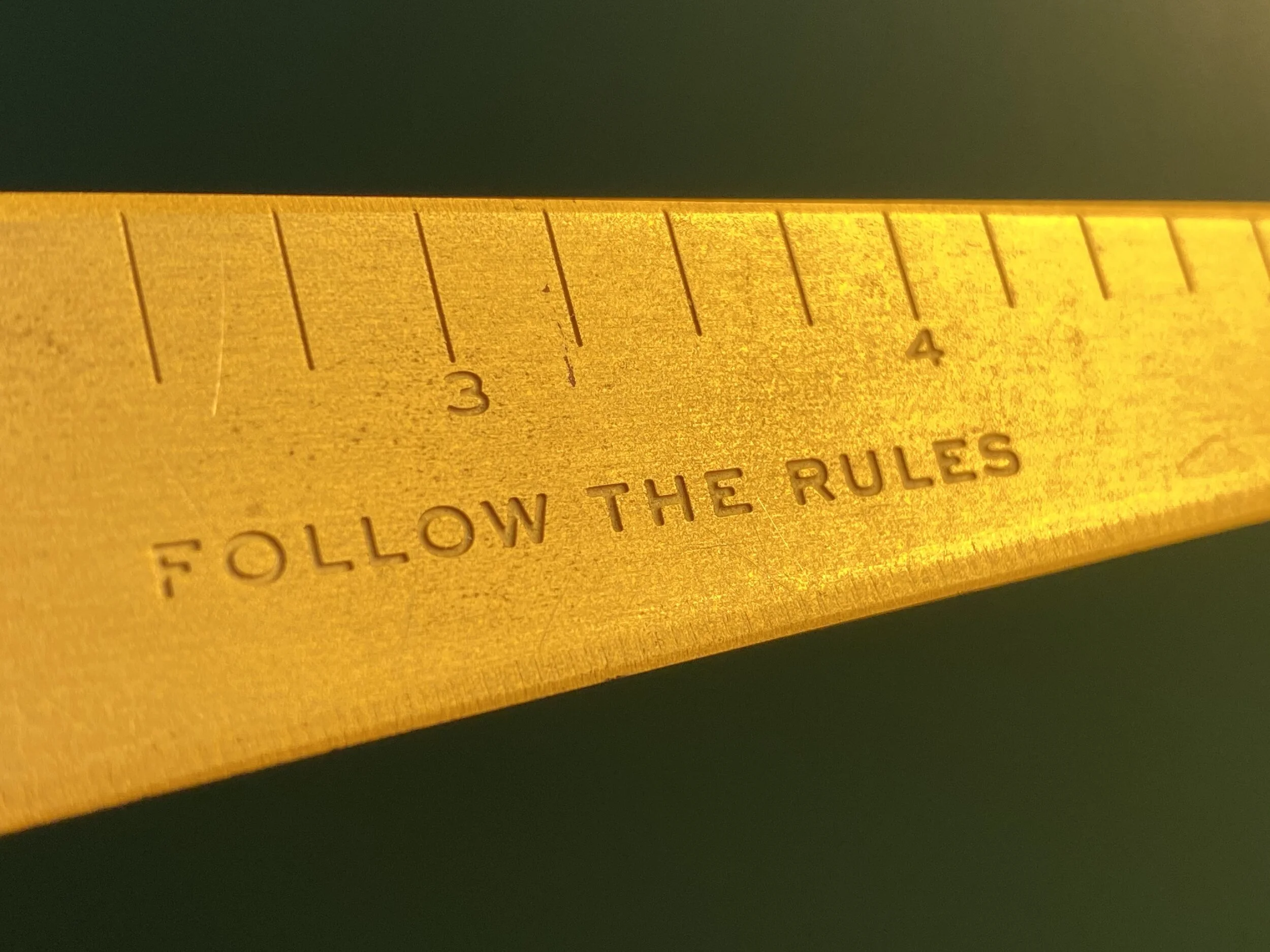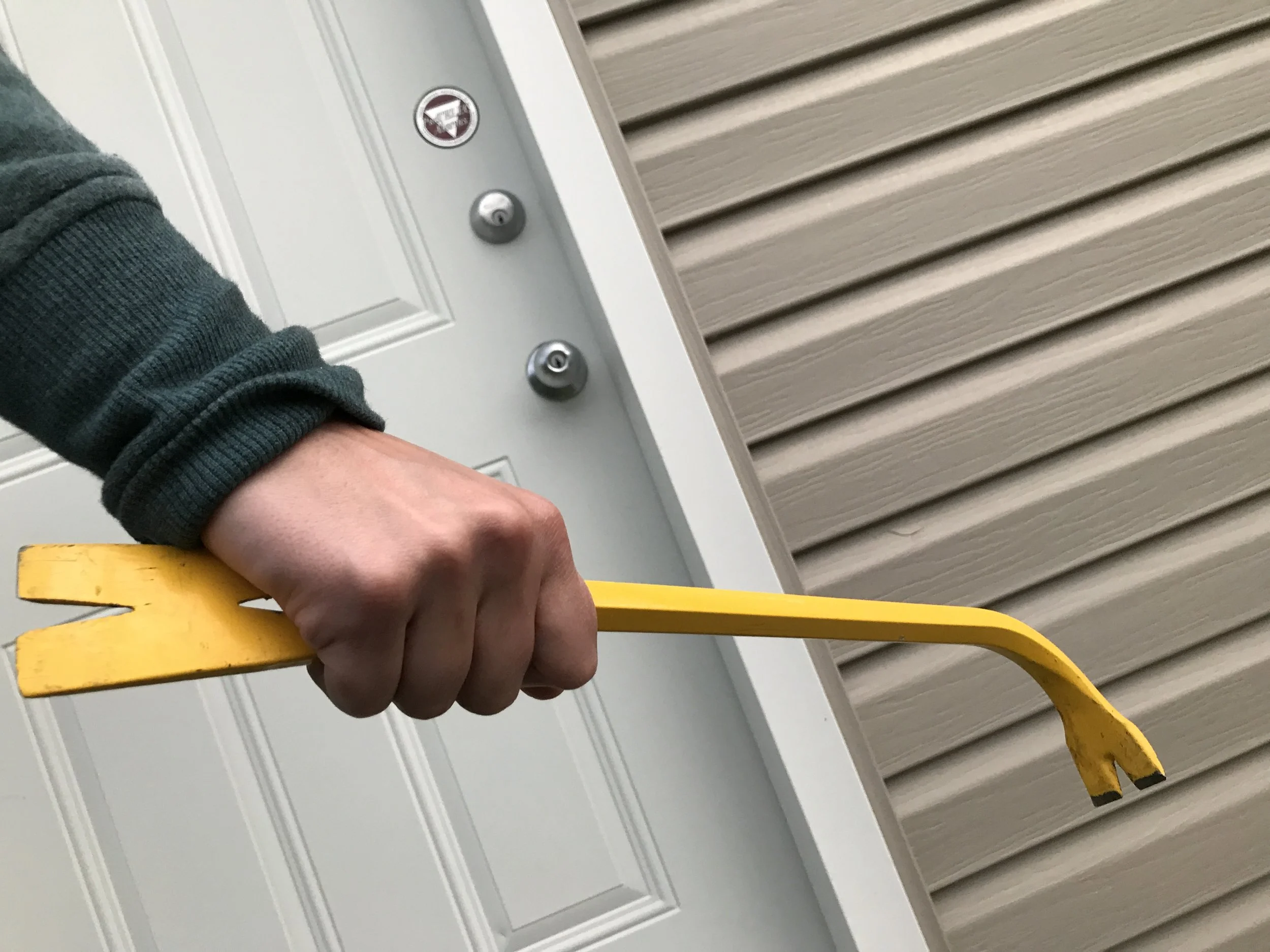What are your Miranda rights in Canada?
Do police read rights in Canada?
Does Canada have the right to remain silent?
The reason that most of us have heard of Miranda rights before is because we watch a lot of American TV shows and movies. When an American police officer is arresting someone, we see how the police go over these Miranda rights. You may hear a police officer say something like:
You have the right to remain silent. Anything you say can be used against you in court. You have the right to an attorney. If you cannot afford an attorney, one will be appointed for you.
Miranda rights come from a 1966 American Supreme Court case called “Miranda v. Arizona”. In Canada, our legal system is clearly not identical to the one in the United States. We do not have Miranda rights in Canada, but we have something pretty similar. There are many legal rights that are part of our Constitution in the Charter of Rights and Freedoms (it is usually just called the Charter or Charter rights). When a police officer arrests you in Canada, you should expect to receive the following legal rights and hear something like this:
Why you are being arrested, in other words, what is the alleged criminal offence. This is part of section 11(a) of the Charter. For example, “You are under arrest for assault.”
About your right to speak to a lawyer. This is part of section 11(b) of the Charter. “You have the right to retain and instruct counsel in private without delay. This means that before we proceed with our investigation you may call any lawyer you wish or get free legal advice from Duty Counsel immediately. If you want to call Duty Counsel we will provide you with a telephone and telephone numbers. If you wish to contact any other lawyer, a telephone and a telephone book will be provided. If you are charged with an offence, you may also apply to Legal Aid for assistance. Do you understand? Do you want to call Duty Counsel or any other lawyer?
Provided with a police caution or a police warning about the right to silence. This is part of section 7 of the Charter as a part of fundamental justice. “You need not say anything. You have nothing to hope from any promise or favour and nothing to fear from any threat, whether or not you say anything. Anything you say may be used as evidence.”
One of the main differences between Miranda rights and Charter rights is in Canada you do NOT have a right to have a lawyer with you in the room while you are being interviewed by the police (unless you are under 18 years old). Our Supreme Court confirmed this in a 2010 decision, R. v. Sinclair, 2010 SCC 35.
WHAT TO DO IF YOU ARE BEING READ YOUR RIGHTS
If the police ever tell you that you have a right to speak to a lawyer, make sure that you use that right. After the police explain your right to counsel, you can tell them that you understand. Then, they’ll ask if you want to contact a lawyer and you should tell them, “yes, I want to talk to a lawyer.” Be clear. Don’t say “maybe later” or “not right now.” Say yes. At that point, you can request to talk to a specific lawyer or ask to talk to the 24/7 on-call lawyer from Legal Aid. Keep in mind, the lawyer from Legal Aid is only being paid to give you advice over the phone and is not assigned as your lawyer for the whole case. The police can use the internet to look up a lawyer’s phone number if you do not have it handy or memorized.
Next, you want to use your right to remain silent. I tell clients that they are allowed to tell the police 3 pieces of information when they are under arrest or during a police interview; your name, your birthdate, and your address. That’s it. If the police ask any other questions, you can literally keep your mouth shut and refuse to answer or say something like “no comment” or “my lawyer advised me not to make a statement.” Any information you provide to the police can be used as evidence AGAINST you. It will not be used by the police as evidence to ASSIST you or exonerate you. Also, it is a problem if you lie to the police because then if you testify in court and your story changes, the prosecutor can accuse you of either lying to the police or lying to the judge.
Related articles
Finding the Best Criminal Lawyer - Is Your Lawyer Legit or Full of It?
Preventing a Break and Enter in Your Home: Tips From a Criminal Defence Lawyer
About the author
Michael Dyck is a partner at Rees Dyck Rogala Law Offices. He represents clients primarily from Winnipeg, Steinbach, and rural Manitoba. He has extensive experience helping people charged with criminal offences and focuses on building legal strategy with clients.





























